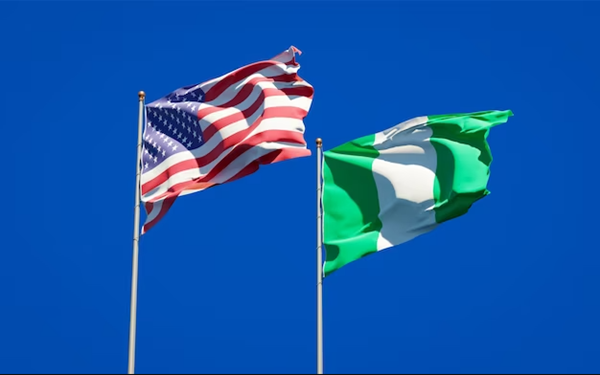
Health experts have warned that Nigeria’s development sector could face disruptions as the United States moves to dissolve the United States Agency for International Development (USAID) and merge its operations into the State Department, raising concerns over the future of aid programmes.
Speaking in separate interviews with journalists over the weekend in Abuja, they expressed fears that the transition could significantly impact US-funded initiatives in Nigeria.
According to The Hill, the restructuring is set to begin on July 1, with all remaining USAID employees reassigned or terminated by September 2.
A memo obtained by CNN revealed that USAID, once a global leader in development assistance with 10,000 employees, has been reduced to just 900 personnel. While it remains, unclear which programmes will survive the transition, experts fear a decline in aid flows to Nigeria and other developing nations.
Nigeria has long benefited from USAID’s interventions, particularly in maternal and child health, HIV/AIDS prevention, malaria control, and agricultural development. The agency has also played a crucial role in humanitarian crises, providing food assistance and support for displaced populations.
Dr. Obinna Eze, a development economist, warned that funding shortfalls could have serious consequences.
“Many USAID-funded projects provide life-saving interventions. If these are disrupted, Nigeria’s most vulnerable populations could suffer greatly,” he said.
Eze also highlighted a broader challenge in global aid allocation.
“Reports indicate that in 2023, 22 percent of total foreign aid in wealthy donor nations was spent domestically, primarily on refugee support and administrative costs. With the US government shifting priorities, it is uncertain how much of its development budget will still flow to countries like Nigeria,” he said.
Prof. Oyewale Tomori, a virology expert, urged the Nigerian government to be proactive in seeking alternative funding sources and strengthening partnerships with other donors to mitigate the impact.
“This is a wake-up call for Nigeria to diversify its development funding sources and invest more in self-sustaining programmes,” Tomori said.
While US officials have stated that some USAID functions will be absorbed into the State Department, the long-term implications for Nigeria remain uncertain. Development stakeholders will be watching closely as the transition unfolds and assessing its impact on critical aid programs in the country.

